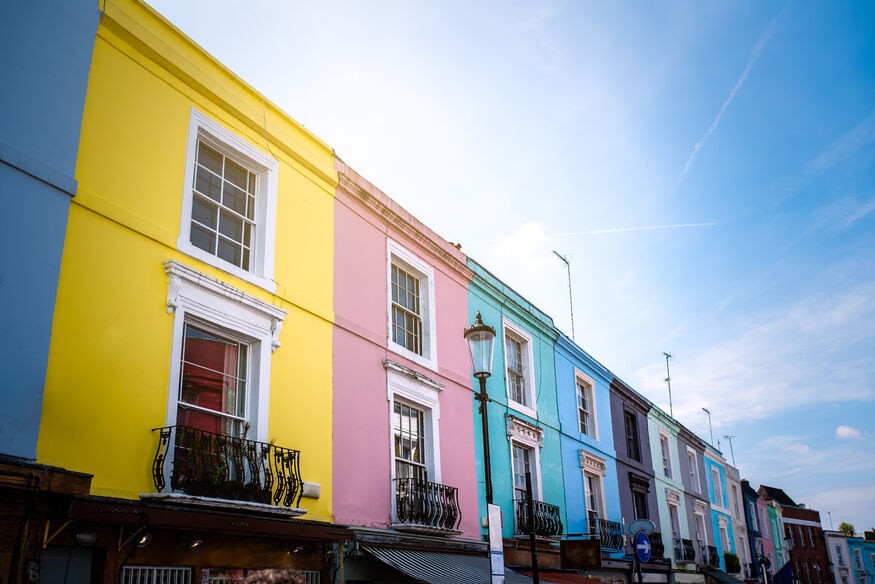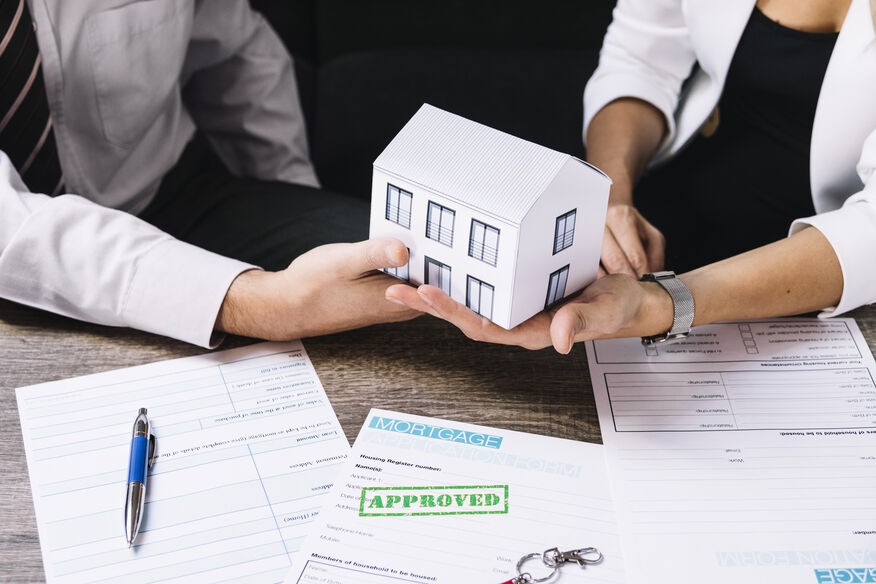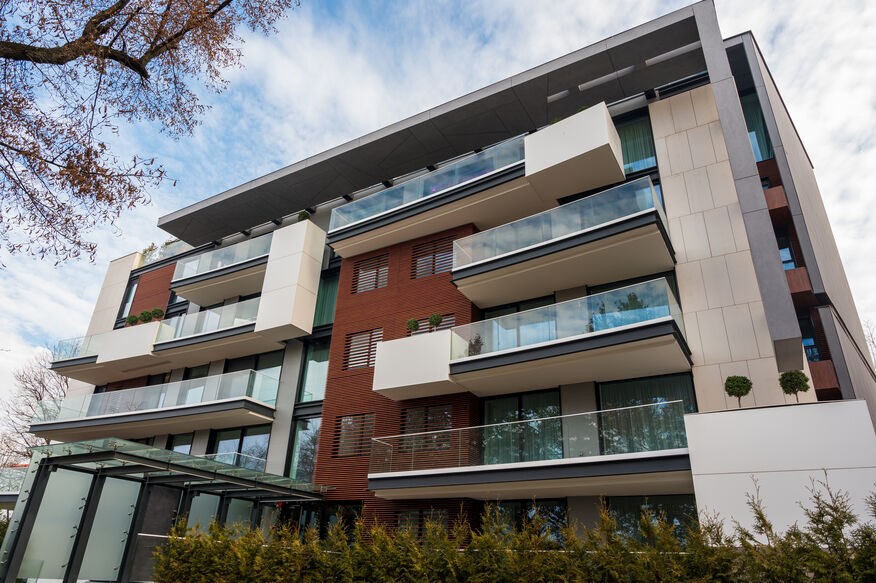
Things To Know For Buying A Home After Retirement
Retirement is the perfect time to sit back, relax, and enjoy a peaceful life. But if you're considering buying a home after retirement, it's essential to know what you're getting into. The process of purchasing a property can be overwhelming and confusing for some seniors who are not familiar with the current real estate market trends. Whether you plan on downsizing or upgrading your living space during your golden years, this blog post will provide essential tips that every retiree should know before diving into homeownership. So let's get started!
Things To Know For Buying A Home After Retirement
1. Home location
The location of your new retirement home is one of the most important factors to consider. It's the single most crucial consideration in every property purchase. Most seniors value proximity to friends and family. Although purchasing a property in the country after retirement might be a great option, doing so if it is located too far from essential services like hospitals, supermarkets, pharmacies, bus stations, and the like can lead to unnecessary outlays of cash.
2. House Size
In retirement, you and your spouse may be the only occupants of your home. That's why picking a smaller house is usually a good idea. You may save money by purchasing a smaller home. If you do this, you may avoid spending money on repairs to your home in the future. Keeping up a larger property requires more time and energy, and eventually, you may need to hire help, which may increase your monthly expenses.
3. Present Value of Equity in a Home
The smartest plan for getting a mortgage is to never get one. You should make sure you have sufficient equity in your present house before applying for a housing loan. With the equity you've built up in your home, you may utilize it to buy a new place once you've retired. Your home equity should be sufficient for you to purchase your ideal home in retirement without resorting to a mortgage. Another option is to rent out the present residence and utilize the rental income to cover the mortgage payments. This contributes towards the down payment on your retirement home of choice.
4. Calm and Quiet Environment
At retirement, most people picture a life of relative tranquillity and ease. For this reason, retirees should prioritize a large quantity of outside space in addition to the home's interior while shopping for a place to call home. While looking for a place to settle down in later life, a garden or park should be high on the priority list. In addition to giving the body the workout it needs, this will also provide you with a breath of fresh air and a change of scenery from the usual inside routine. For seniors, having a place to socialize with others their own age is a vital component of any community management system.
5. Affordability
It may be easy to get a loan today, but it's not so simple for persons over the age of 60. As retiring people have very home loan approval odds, they will have to rely on their own savings and pension money to buy a new property. As a result, it's preferable to invest in a reasonably priced house as opposed to a lavish one. Rather than spending money on lavish retirement communities where half the utilities are likely to go unused, it might be wiser to invest in smaller, more practical residences. Maintenance costs for a larger area are incurred, which is an extra burden on the budget.
6. Facilities
No matter how old you are, you really must look for a property that has social and useful features. For the elderly, it is of paramount significance that basic conveniences, such as elevators and security systems, be provided. While looking for a new house, safety features like gated communities and surveillance cameras are essential. Your new home's security team has to know how to handle emergencies, including fire and basic first aid. Modifications that aren't really essential shouldn't be made for the sake of the elderly, as these changes might disrupt their daily routines.
7. Savings
As you approach retirement age, you'll want more assistance simply to maintain your current standard of living. You should think about everything you need before committing to a property purchase. After retirement, you need to figure out how much money you'll need to cover things like your home loan and other bills. You need to figure out how much money you need each month to cover expenses and payments. Have the plan to ensure that you can retire with a comfortable and satisfying lifestyle.
Conclusion
Purchasing a home in retirement may be a thrilling adventure, but only if you're well prepared. To that end, we hope this article has given you a better idea of what are the Things To Know For Buying A Home After Retirement. Before you decide to become a homeowner, you should weigh all of your financing alternatives, including mortgages, as well as strategies to save on unnecessary expenses. You can locate the best spot to start the next chapter of your life with Greentech builders if you put in the time and effort required to do your homework.







